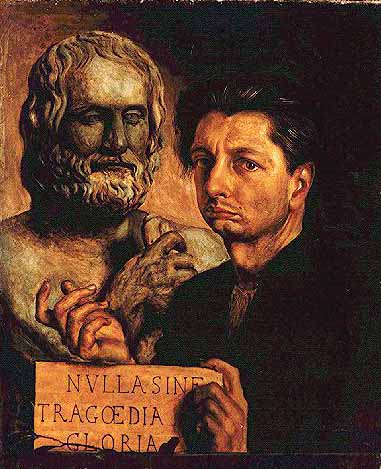[ad_1]
| Hey guys! Merhaba! Ben Seda Sürel. |
| Welcome to another Whiteboard Turkish Lessons. |
| Today we’ll talk about how to give your occupation. |
| Are you guys ready? Let’s get started. |
| First, let’s look at our vocabulary, okay? |
| Repeat after me. |
| Öğrenci |
| student |
| barista |
| barista. |
| hemşire. |
| nurse |
| yatırımcı |
| investor |
| avukat |
| lawyer |
| muhasebeci |
| accountant |
| polis Memuru |
| police officer |
| araştırmacı |
| researcher |
| Öğretmen |
| teacher |
| doktor |
| doctor |
| Öğrenci |
| barista |
| hemşire |
| yatırımcı |
| avukat |
| muhasebeci |
| polis memuru |
| araştırmacı |
| Öğretmen |
| doktor |
| Easy, right? |
| Okay, now let’s see our dialogue. |
| Okay, let’s see our dialogue. |
| Öğrenci misin? |
| Hayır, öğrenci değilim. Ben baristayım. |
| Are you a student? |
| No, I’m not a student. I’m a barista. |
| Öğrenci misin? |
| Hayır, öğrenci değilim. Ben baristayım. |
| Okay? |
| So, let’s see our structure now, okay? |
| Let’s see our linguistic structure. |
| Are you guys ready for that? |
| First |
| Hayır |
| no, not |
| Hayır |
| Okay, so, let’s see the değilim here. |
| değilim |
| What does it mean, değilim? |
| değilim |
| Değil, actually, değil means something like no, not, değil, okay? |
| But we need a suffix for the first person singular suffix, we need it, okay? |
| So, we have değil, |
| because you can conjugate değil in all the |
| subject pronouns, like first person, second person, |
| third person, third person is without a suffix, |
| like singular and plural as well. |
| And in this case, we say I am not, |
| to be able to say I am not, |
| you need to say değilim, |
| and değil means not, this im means I am, okay? |
| It looks like I am, you can remember it from there, I am means im, |
| im suffix, I never thought of that, it’s easy when you think that, okay? |
| değil, im |
| You put them together and you make değilim, which means |
| I’m not, okay? |
| I like this one, im, I am. |
| Okay, not that hard, I know Turkish suffixes can be |
| confusing and sometimes discouraging, |
| but it takes time, it takes some getting used to, |
| and we are studying on the dialogues, and you will get there, don’t worry. |
| Just remember the dialogues, remember the vocabulary and you’ll be speaking in no time. |
[ad_2]
Source link






